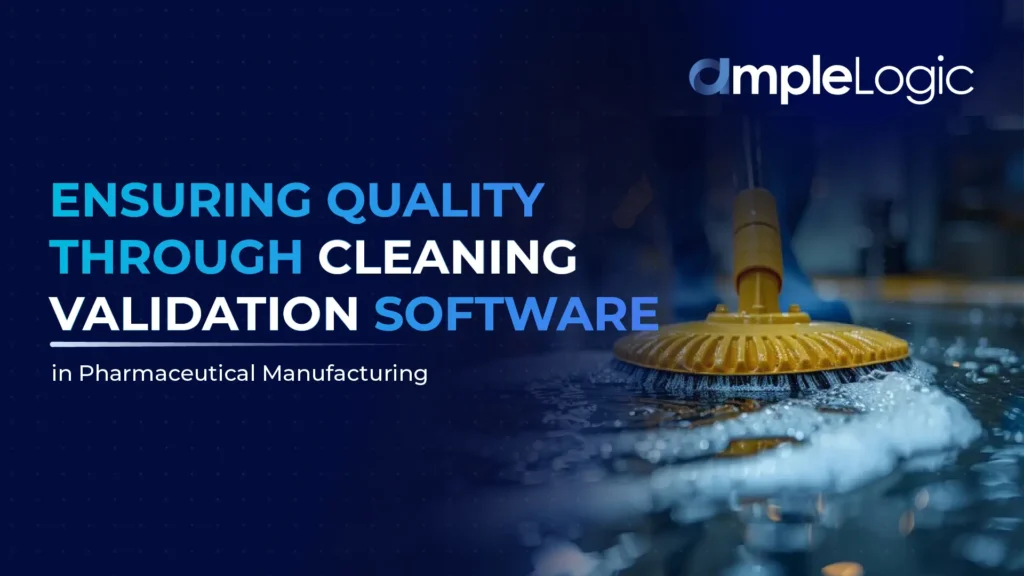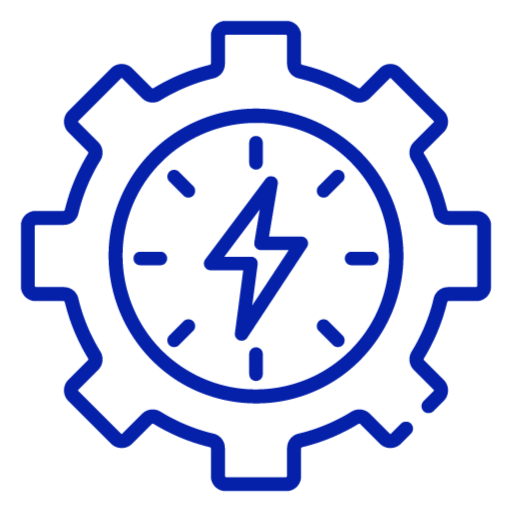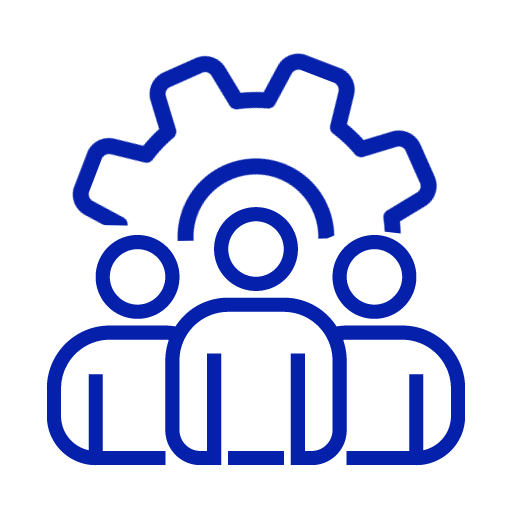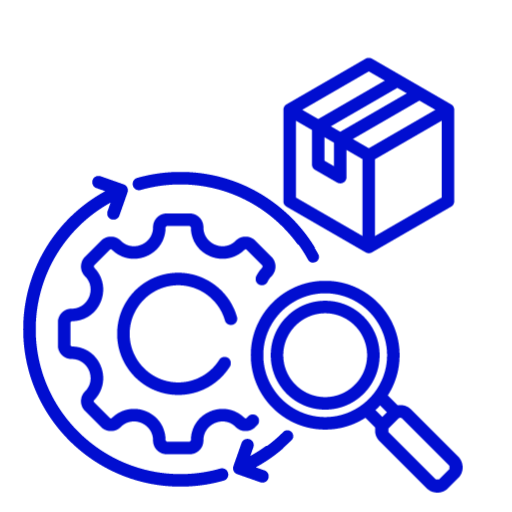COVID-19 spurred a sense of urgency in healthcare and pharma professionals, making the entire landscape conducive to change and digital transformation.
We’re at a strange crossroads. On one hand, it feels as if the world stopped calculating the passage of time starting in March of 2020. On the other hand, in the healthcare industry, it feels as if we’ve sped ahead by two decades, with the normally slow pace of innovation breaking all kinds of records and expectations.
The pharma industry has been slower to embrace technologies such as AI and digital technology however, COVID-19 pandemic has changed the equation, forcing pharma companies to become more agile and open-minded in approaching drug discovery and development. There has been a tremendous amount of growth in the pharmaceutical industry in recent years from embracing new technologies, patient design, and innovations and put a greater focus on prevention and digital health and the outlook continues to be positive for 2023.
In this article, we are sharing Top 3 trends that shall transform the outlook of pharmaceutical industry in 2023.
1. Use of Artificial Intelligence
Artificial intelligence in Pharmaceutical Industry has an unimaginable potential. Within the next couple of years, it will revolutionize every area of our life, including medicine. A.I. is already on our wrists, in our cars, in the searches we do or what we are offered to buy, Imagine this efficiency in healthcare!
Artificial Intelligence will soon revolutionize healthcare through mining medical records, designing treatment plans, speeding up medical imaging, create more affordable drugs ad therapies, and, most importantly, reduce operational costs. A recent report forecasts the global artificial intelligence in pharma is projected to grow from $699.3 million in 2020 to $2,895.5 million in 2025 at a rate of 32.9%. The market is then expected to grow at a CAGR of 25.9% from 2025 and reach $9,142.7 million in 2030.
The combination of AI, big data and IoT technologies are creating new innovations, also other eminent technologies like cloud computing, augmented reality, virtual reality and blockchain are being used extensively in the Pharmaceutical industry’s digital transformation. Over the past decade, the FDA has reviewed and authorized a growing number of devices legally marketed with ML across many different fields of medicine—and expects this trend to continue.
AI can present a myriad of opportunities for the pharmaceutical industry bringing about a radical shift in the innovation paradigm of the pharma sector. It’s all about the speed and savings that Artificial Intelligence’s myriad of applications can bring in Pharma sector.
2. Digital Health: From a solution to an ecosystem
The sink or swim mentality brought on by the Covid pandemic accelerated innovation in every aspect of healthcare. The year 2023 is expected to witness a steep surge in the use of electronic prescriptions with the idea of reduced paperwork and longevity in storage.
Digital Prescription is one innovation that is transforming the healthcare landscape to create digital health records of patients which in turn improves patient outcomes as this reduces the chances of human error to interpreting wrong medicines.
The concept of Remote Patient Monitoring gained huge popularity during the COVID-19 pandemic when people had to follow movement restrictions and social distancing norms. RPM is slowly becoming the future of delivering healthcare services to patients by providing them with an array of medical devices such as implantable, blood pressure cuffs, sensors, and many others so doctors can access real-time patient data for better treatment.
Wearable technology in healthcare allows patients to play a more active role in maintaining their health. Patients, equipped with wearable technologies, can track everything from heart rate to reproductive cycles. Doctors can also use this data to craft individualized healthcare plans. Furthermore, the data mined from wearables is more systematic and accurate in recording all medical details and vitals of the patient.
3. Precision Medicine
Precision medicine is a medical model that proposes the customization of healthcare, with medical decisions, treatments, practices, or products being tailored to a subgroup of patients, instead of a one‐drug‐fits‐all model. Tailoring a drug to a specific diagnosis is the first step in personalized medicine. However, a patient’s body may react poorly to the medication. Precision medicine looks to solve this issue by targeting drug development based on more in-depth knowledge about the patient.
For example, the use of biomarkers to identify tumors and develop a drug specific to that exact diagnosis. The goal is to create and prescribe the drug with the highest level of effectiveness and positive outcomes for the patient, and it’s an approach that is exploding within the pharma industry.
Investment in precision medicine from leading pharmaceutical companies will experience an increase in the next five years and as per the recent report, the global precision medicine market is expected to grow at a CAGR of over 11.5% from 2021 to 2027. This demonstrates the commitment to acceleration in precision medicine research from the biggest pharmaceutical companies.
The challenges facing precision medicine have to do with its manufacturing, which require smaller, more specialized facilities. Despite this challenge, precision medicine still shows an upward trend in the pharma industry. These top trends are changing the pharmaceutical industry in ways that are transformative and likely to have both a short- and long-term impact. The level of innovation that’s taking place in the industry is likely to create tremendous value in accelerating growth of Pharma Industry towards Pharma 4.0.



























